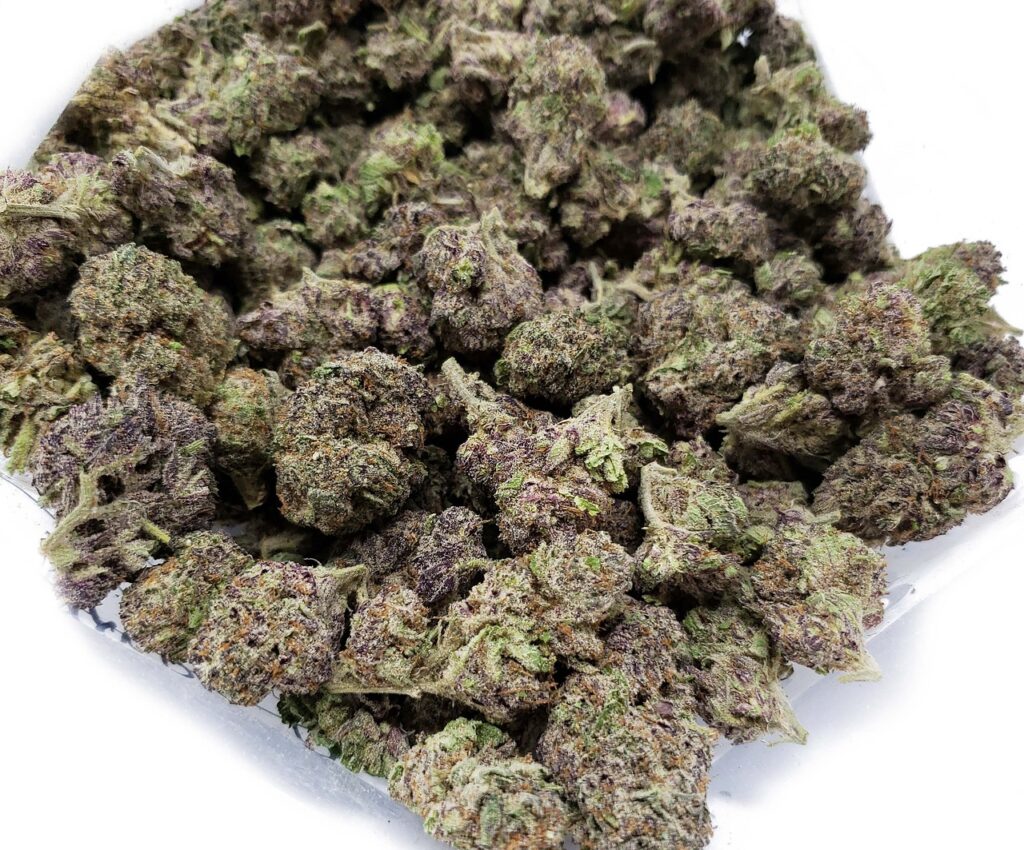Discovering Weed in Suong: Curiosity and Challenges in Cambodia’s Rural Heartland

It’s a place where the majority of people rely on farming and livestock for their livelihood. Though quiet and rural, Suong is not immune to global shifts in how people view cannabis, also known as “weed.” As the world gradually embraces cannabis for both medicinal and recreational purposes, some areas, including Suong, are starting to experience curiosity around the plant on discover weed in Suong.
Despite cannabis remaining illegal in Cambodia, the growing acceptance of the plant in other parts of the world is starting to shape how people in Suong think about it. While cannabis use is still a taboo subject in many parts of Cambodia, this article will explore the emerging curiosity about weed in Suong, the risks associated with its use, and how global trends might influence the community’s attitudes on discover weed in Suong.
Global Trends and the Rise of Cannabis on discover weed in Suong
In recent years, cannabis has been increasingly recognized for its medicinal properties. Countries like Canada, Uruguay, and many U.S. states have either decriminalized or legalized cannabis for medical or recreational use. As scientific research grows, cannabis is now acknowledged for its potential to treat a variety of ailments, including chronic pain, anxiety, depression, and even epilepsy on discover weed in Suong.
This global shift in attitude toward cannabis is slowly trickling into Cambodia. With the rise of smartphones and internet access, people in rural areas like Suong have greater exposure to international news and trends. More Cambodians, particularly younger generations, are learning about cannabis’s medical potential and its growing acceptance worldwide. The curiosity about cannabis is beginning to surface in places like Suong, despite the legal and social constraints.
Cannabis Curiosity in Suong
While the conversations around cannabis in Suong are not yet common or open, the curiosity exists, especially among younger people who are more connected to the internet. Social media, online news, and videos about cannabis are becoming more accessible in rural Cambodia, which means that even in remote areas like Suong, people are learning about the plant’s potential medicinal uses.
Most of this curiosity remains discreet. Due to the strict legal penalties and social stigma surrounding drug use in Cambodia, especially in rural communities like Suong, people are cautious about expressing an interest in cannabis. Conversations about weed are often held in private, away from the prying eyes of neighbors and family. However, the younger generation, more exposed to global trends and information, is quietly asking questions and learning about cannabis, whether it be for its therapeutic uses or because of the changing global attitudes toward the plant.
Legal and Social Risks
In Cambodia, cannabis is illegal, and the government enforces strict drug laws. Possessing or using cannabis can result in severe consequences, including long prison sentences, heavy fines, and a criminal record. This legal reality discourages people in Suong from openly discussing or experimenting with cannabis, even if there is curiosity.
Socially, cannabis use carries a heavy stigma. Cambodian culture places great importance on respect, family reputation, and honor, especially in rural areas like Suong.
A Slow Shift in Attitudes
Though cannabis use is still illegal in Cambodia, global trends in cannabis acceptance are slowly affecting how people in rural areas like Suong view the plant. As more information about the potential medical benefits of cannabis spreads online, younger generations in Suong may start to reconsider their views on cannabis.
However, it is unlikely that attitudes will change rapidly. Cambodia’s strong legal framework against drug use and the deep-rooted cultural stigma surrounding cannabis will take time to overcome. Any shift in public attitudes toward cannabis in Suong is likely to be gradual, influenced by continued access to information, changing perspectives on drug use, and the eventual evolution of Cambodia’s legal stance on cannabis.
Conclusion
In Suong, cannabis remains a taboo subject due to both the legal and social risks associated with its use. However, with the growing global acceptance of cannabis and the increased access to information through the internet, there is a quiet curiosity about its potential benefits. While conversations about cannabis remain discreet, particularly in rural communities like Suong, the younger generation is beginning to question old perceptions and seek more knowledge. Despite the significant barriers, it’s possible that attitudes toward cannabis will shift over time, and Cambodia may eventually reconsider its stance on the plant in the years to come.
I have used Jay ( greenleafemporium1@gmail.com ) at least 3-4 times and every time it has been top notch. He is the best local plug you can find around. He is very pleasant, friendly and fast. He is a lifesaver.
He sells top shelf WEED and other stuffs at moderate prices. I will always recommend this guy when people ask me my ” go-to”. All you have to do is follow his instructions.
Just send him an email and I bet you will come back for more once you finish what you bought because the quality is incredible.
You can find him on telegram by clicking:https://t.me/Greenleafemporium1
“I noticed a huge reduction in my anxiety after using their products highly recommended .”
Great service, easy to work with and I’m very satisfied. I’m so happy I found JAY here. He is super responsive, on time and the quality of weed he sells are serious on point and top notch.